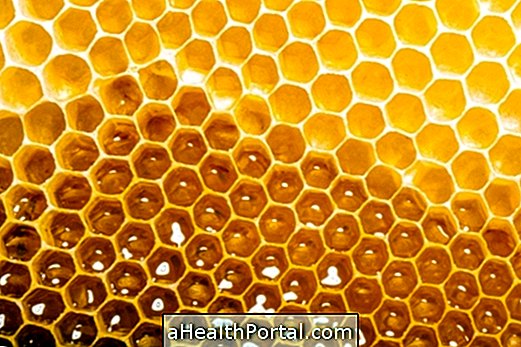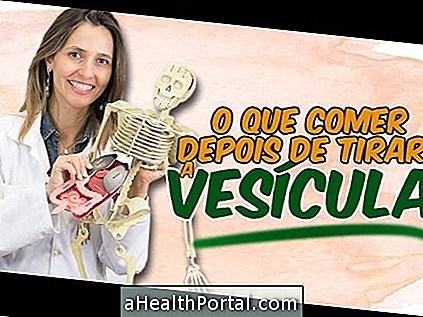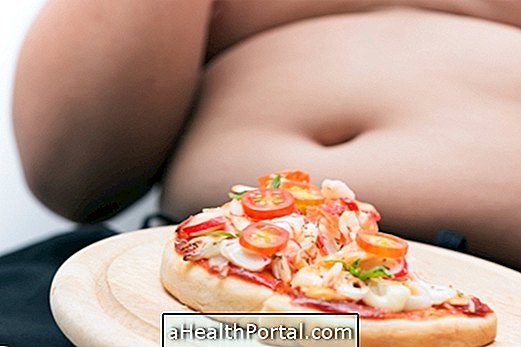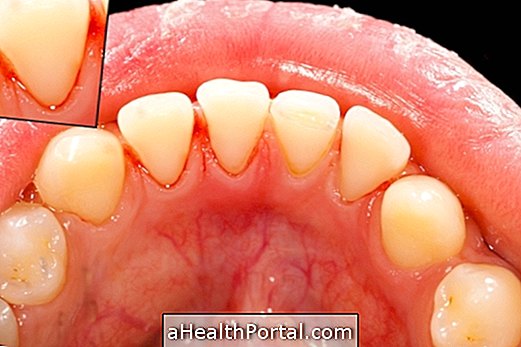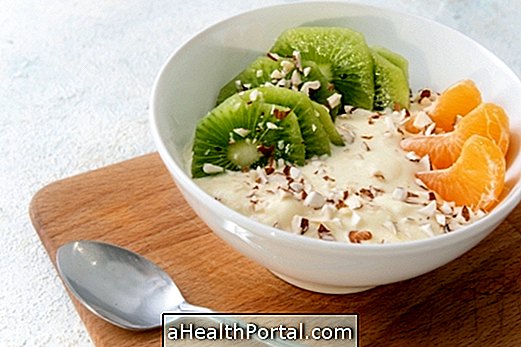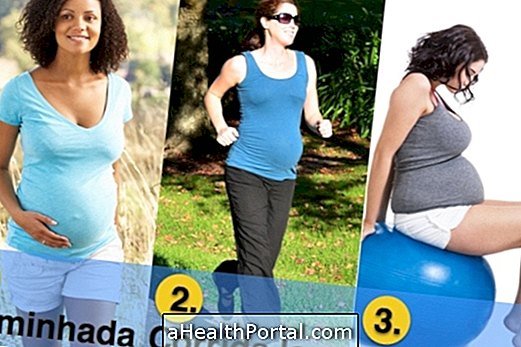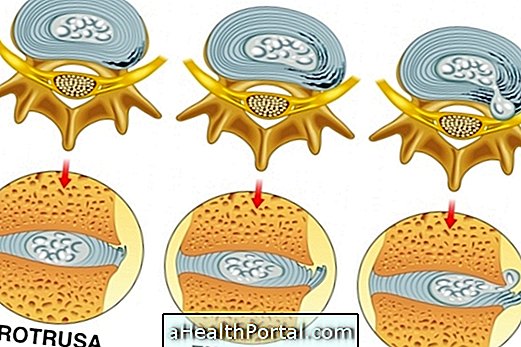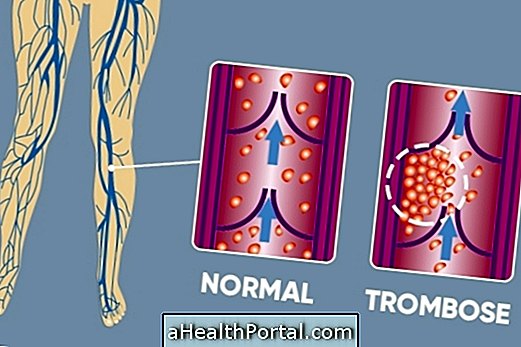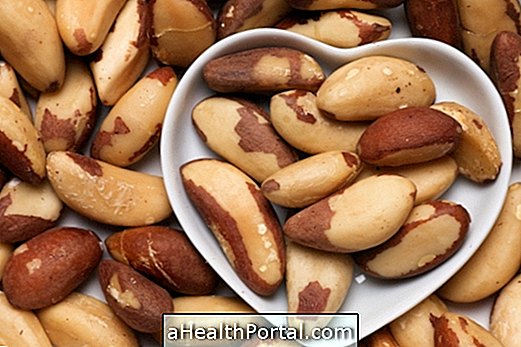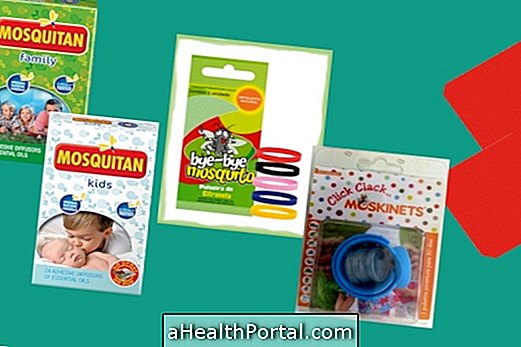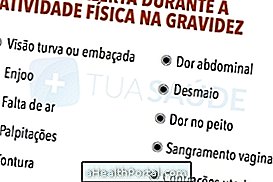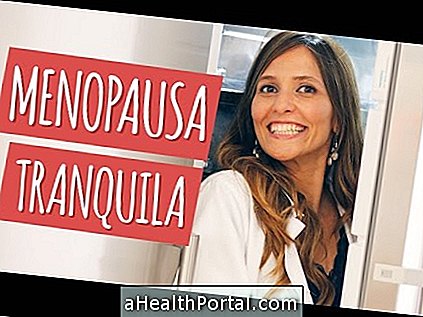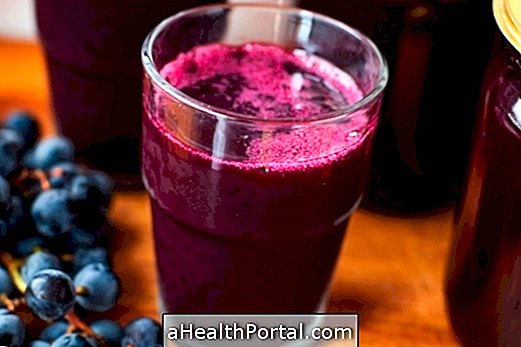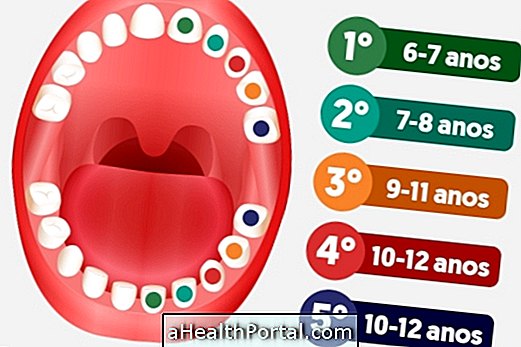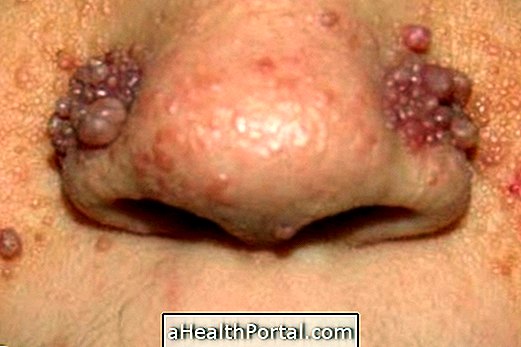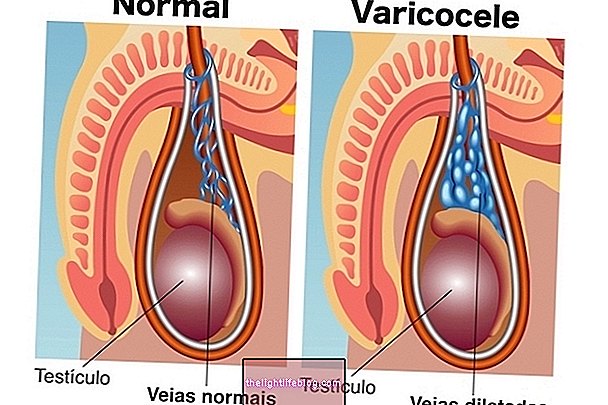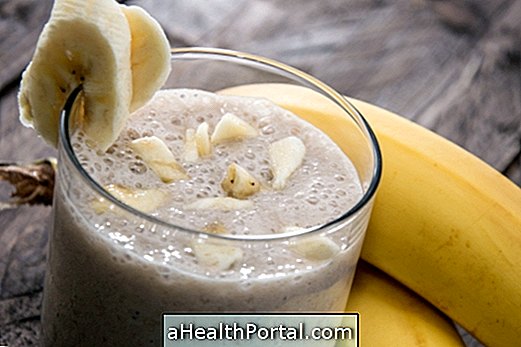Antioxidants are substances that prevent the deleterious action of free radicals on cells, which favor cell aging, DNA damage and the onset of diseases such as cancer. Among the best known antioxidants is vitamin C, which can be found in citrus fruits such as orange, pineapple and cashew.
Antioxidants can be found in natural foods, in vitamins and minerals, and in beauty and anti-aging creams. However, antioxidant supplements, like any other supplementation, should be advised by your doctor or dietitian.
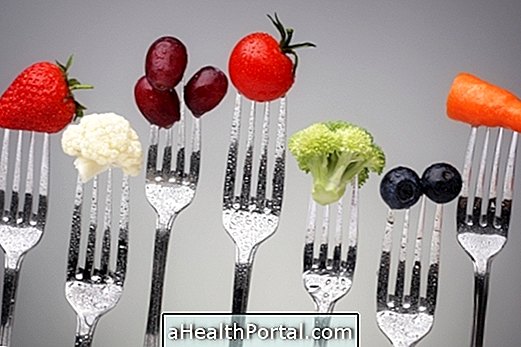
Free radicals and their evil effects
Free radicals are unstable molecules in the body, which look for electrons in neighboring cells or molecules so they can become stable. When looking for these electrons in the cells, for example, they end up causing damage in their functioning, and may also lead to changes in DNA.
When they reach cholesterol molecules in the blood, for example, free radicals can stimulate the onset of atherosclerosis, for example, which gradually leads to clogging of blood vessels.
However, free radicals will always exist in the body, even in healthy individuals, as they are results of the body's chemical reactions. When breathing, for example, oxygen-free radicals are produced, which are the most common in the body.
How Antioxidants Work

Antioxidants act by damaging the missing electron for free radicals, so they become stable molecules that do not reach the cells or other molecules important to the body.
Thus, they contribute to prevent problems such as:
- Aging
- Cardiovascular diseases;
- Atherosclerosis;
- Cancer;
- Alzheimer's disease;
- Pulmonary diseases.
Diet is an important source of antioxidants, and may also influence the growth of free radicals. A balanced diet provides more antioxidants than it stimulates the production of free radicals, contributing to health and to the delay of aging.
Types of Antioxidants
There are two types of antioxidants:
- Endogenous : enzymes are produced naturally by the body that perform antioxidant functions, and are influenced by factors such as diet, stress and sleep. With age, this endogenous production decreases.
- Exogenous : they are vitamins and minerals that come from the diet and act as antioxidants in the body, the main ones being vitamins A, C, E, flavonoids, carotenoids, lycopene, copper, zinc and selenium.
By having a varied diet rich in fruits, vegetables and whole foods, it is possible to obtain good amounts of exogenous antioxidants, which will help maintain health and prevent aging.
Some examples of antioxidant foods are tomatoes, acerola, orange, strawberry, grapes, cabbage, watercress, broccoli, carrots, chia and linseed seeds, Pará nuts and cashews. See the list of the best antioxidants.
Antioxidants in supplements and cosmetic products

Antioxidants can also be found in nutritional supplements and in cosmetic anti-aging products. Some examples of antioxidant-rich remedies are multi-vitamin, omega-3, vitamin C and beta-carotene supplements. See more about Antioxidants in capsules.
In cosmetic products, antioxidants are mainly used to prevent premature aging. These products usually use more of a type of antioxidant, often allied to collagen as this increases their benefits to the skin.
It is important to remember that antioxidant supplementation should be done according to medical or nutritionist orientation, and that healthy eating is necessary for the beneficial effects of antioxidants to be achieved.

